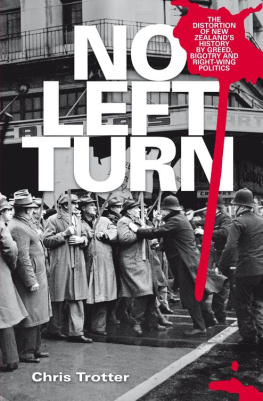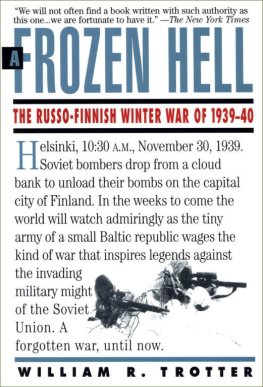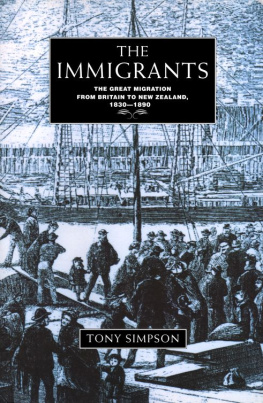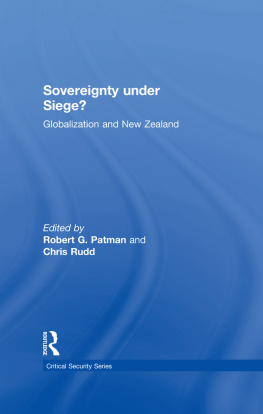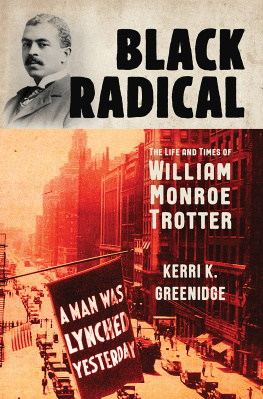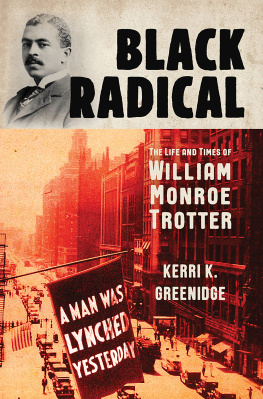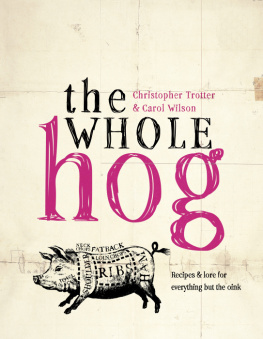To that most miraculous of vessels: which has borne me from the past; carries me through the present; and will bear me on into the future my family.
Like most of the children of my generation, I grew up in a home which energetically celebrated European culture. Its huge heritage, stretching back through the centuries to Rome and Greece and the ancient civilisations of the Nile Valley, thrilled my imagination and filled me with an abiding love of history.
Of course, the European canon embraced much more than history. From the desiccated lands to the south and east it absorbed the idea of a God who lives and acts in history, and whose divine purpose is made manifest in the fate of nations.
The conduit for this revolutionary notion was the religious legacy of a first-century rabbi from Galilee. Nations were exalted, he argued, not by earthly wealth and power, but by how generously they nourished mens souls. History, he said, was about releasing the good that is in every person from the clutches of the bad. Gods purpose, he told his followers, is to set the human spirit free.
This emancipatory tradition runs through the whole history of post-classical Europe, infusing its politics no less than its philosophy, literature, art, music and architecture. Through two millennia, the desire for freedom has never ceased to challenge those whose material interests lay in emptying history of all purpose, and condemning the poor to lives of soulless drudgery. Demands for the bread of life be they literal or figurative have been answered not simply with stones, but with whips and swords, bayonets and bullets.
But every time the Judeo-Christian God-in-History was beaten back and buried, he rose again: St Francis, naked before the bishop; Martin Luther, unrepentant before the emperor; Oliver Cromwell, triumphant over King Charles; Thomas Jefferson, penning Americas self-evident truths; Maximilien Robespierre, evening-up the scales of political terror; Karl Marx, substituting the class struggle for Jehovahs all-consuming wrath. Always, resurrection followed crucifixion. The emancipatory deity refused to die.
It was, therefore, by no means accidental that the Europeans who colonised New Zealand ended up calling their new home Gods Own Country. It required a tremendous amount of courage to board a sailing ship in Portsmouth, Liverpool or Glasgow and set sail for a mountainous archipelago on the far side of the Earth. Courage, and a powerful conviction that, in this new world, the good that was in them would, indeed, be set free.
Thus did Europes emancipatory impulse hazard the arduous voyage to New Zealand. But it was not the only passenger. Its dark twin, the age-old desire for wealth and power, made the journey too usually in a private cabin.
One of the most enduring myths of the English-speaking peoples is that of King Arthur and his Knights of the Round Table. Its deep attraction lies, I believe, in its promise of the perfectibility of political institutions. Arthur the King defeats the evil that has beset the island of Britain and institutes a reign of virtue and justice symbolised by his order of knights, among whom there is no order of precedence except that determined by character and integrity. Their emblem, the Round Table, is a potent metaphor, its circular nature defying the elaborate hierarchies of the traditional medieval court.
The historical narrative I have unfolded in this book contains a thrilling succession of antipodean Arthurs, men who devoted their lives to perfecting the political and economic infrastructure of their raw and often hostile homeland. Sadly, we shall also encounter an equal number of New Zealand Mordreds, men whose plots and schemes and violent interventions, like those of the original Arthurs evil kinsman, have all too often perverted the leaders quest for perfection into a sordid scramble for wealth and status or, even worse, the desire for social vengeance.
In chronicling the triumphs and defeats of our Arthurs and our Mordreds, I have endeavoured to place them in the context of the lives of the people they fought over: the hopeful immigrants who flocked to the early colonial towns of the Wakefield plan; the weary tailoresses in the sweatshops of Dunedin; the workers and their families who flocked to the sprawling suburbs of post-war Wellington and Auckland. But in writing this book, I have become aware of how much more there is to be written about those whose names do not appear in the indices of our histories. And I salute those New Zealanders who are writing it particularly those researching the history of Maori in the workforce, the development of family life, and the roles of women in paid work and at home.
How best to summarise the theme of No Left Turn? Perhaps by reaching back through the Arthurian myth to recover its very earliest incident the coming of Merlin. Brought before King Vortiger and asked to explain why the fortress-refuge he and his people work mightily to erect by day is always brought to a crashing ruin by night, Merlin bids the king dig deep below the fortresss foundations. Vortiger obeys, uncovering a dark cavern from which two dragons emerge: one milk-white , the other blood-red. At night, while you and your people sleep, says Merlin, these two dragons, who are mortal enemies, do battle with one another, causing the earth to shake and tremble, and the walls of your refuge to totter and fall down. Until one or the other of these two, the boldest of dragons, is defeated, nothing built above the abyss of their enmity can long endure.
So it is with these shaky isles. While the successors of those who came to these shores in search of power and wealth remain locked in bitter conflict with those who came in search of equality and justice, nothing of enduring worth can be constructed in this country. Until the red dragon subdues the white, and the good that is within our nation is liberated from the tutelage of the bad, the City of Emancipation, which so many New Zealanders have laboured to see surmount our clouded hills, is condemned to remain a work in progress.
Chris Trotter
May 2007
If nations may be said to possess virtues and vices, then the events of 17 June 1843 and their aftermath embody both the worst and the best aspects of New Zealand history. The worst, because the Wairau massacre, as it became known, prefigured more than a century and a half of skulduggery, prejudice and officially sanctioned wrongdoing. The best, because in spite of the vengeful intentions of the individuals and institutions responsible for the Wairau tragedy, reason and justice were able to prevail.
At the heart of the bloody confrontation that took place in the windswept Wairau Valley 164 years ago was what we today would call an attempt to privatise the business of colonisation. The New Zealand Colonisation Company, a joint stock venture with a capitalisation of 400,000 and the backing of what the Encyclopaedia of New Zealand describes as men of influence and talent, had been founded in 1839 for the purposes of systematic colonisation. One of the Companys most talented employees was Captain Arthur Wakefield, its principal agent for the Nelson Settlement. Wakefield was in the Wairau Valley that cold June day, accompanied by about fifty colonists. Like his more famous older brother, Edward Gibbon Wakefield, the 44-year-old retired Royal Navy captain dreamed of creating a new and better Little England in the South Seas. By nightfall of that day, however, Wakefield and 21 of his companions were dead, casualties of a dispute over New Zealands most valuable commodity land.
The New Zealand Companys need to secure possession of the Wairaus abundant and hospitable acres was urgent. Thousands of Englishmen and women were responding to the Companys promise of a free passage to the new colony of New Zealand, and without land lots of land Edward Gibbon Wakefields elaborate plans for systematic colonisation could not succeed.

